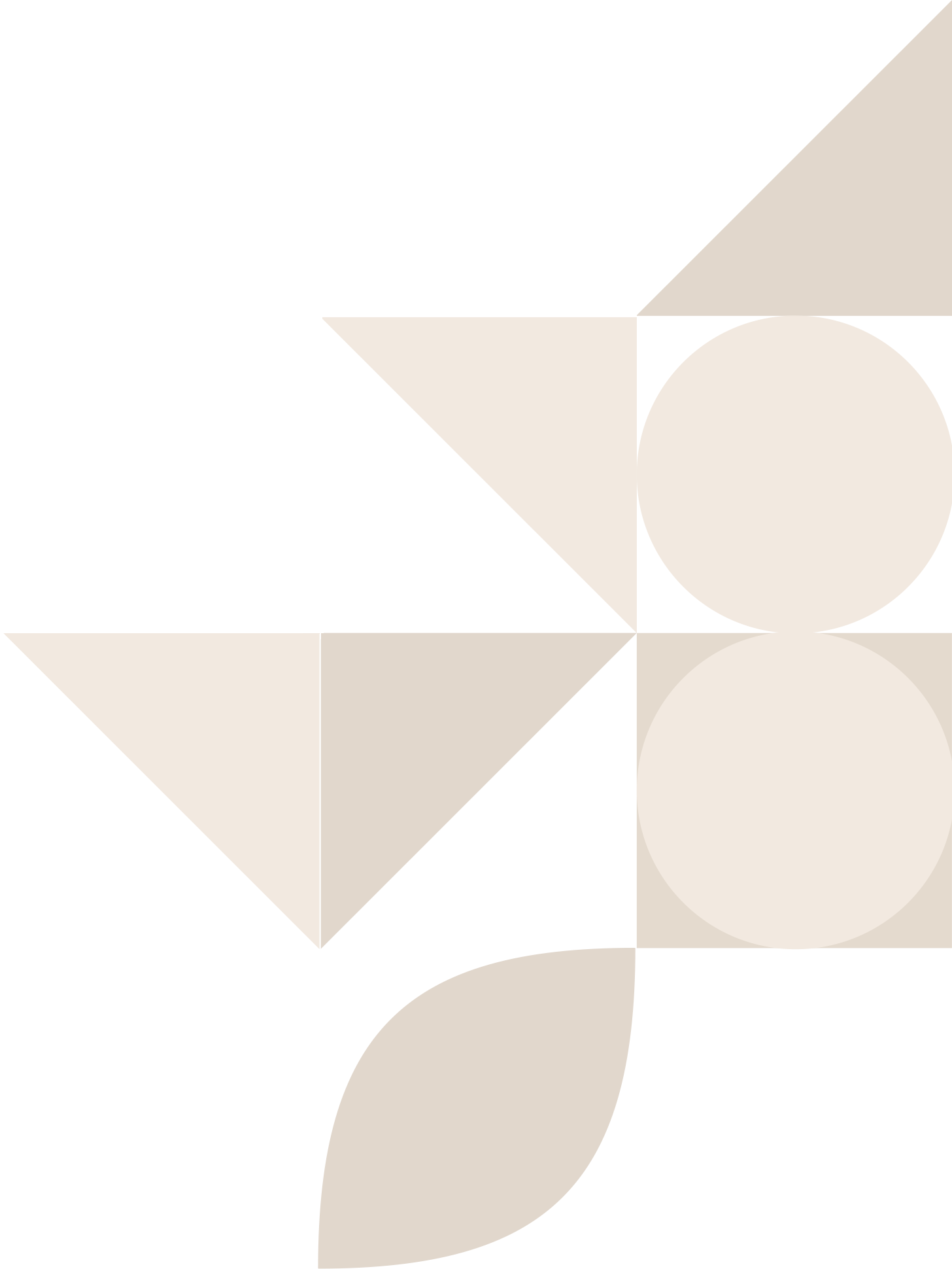Discover everything about science & technology from anyone
Social media is doomed ☠️
Geweldig artikel over waarom alle sociale media op elkaar lijken en veel belangrijker: niets meer met ‘sociaal’ te maken hebben, én gedoemd zijn. Ellis Hamburger werkte jaren bij Snapchat, hopende dat ze daar de belofte “hier doen we het anders” echt waar gingen maken. Dat gebeurde niet: “Today, the product evolution of social media apps has led to a point where I’m not sure you can even call them social anymore - at least not in the way we always knew it. … So one day - it’s hard to say exactly when - a switch was flipped. Away from news, away from followers, away from real friends - toward the final answer to earning more time from users: highly addictive shortform videos that magically appear to numb a chaotic, crowded brain. … Are relationships made of likes from family members, birthday wishes from strangers, and retweets from long-lost colleagues? Or is this stuff just something that was invented all those years ago? The shame is that these tools are so convenient and addictive that, at times, they can start to replace the real thing. … Perhaps this was just a blip in the journey of tech, born of a time when oversharing was novel and fun. Indeed, I remember the joy of posting hundreds of photos to Facebook the day after a party, excited to relive those memories with friends. At the time, it felt like a new form of connection. Now, I just text them.”

Geweldig artikel over waarom alle sociale media op elkaar lijken en veel belangrijker: niets meer met ‘sociaal’ te maken hebben, én gedoemd zijn.
Ellis Hamburger werkte jaren bij Snapchat, hopende dat ze daar de belofte “hier doen we het anders” echt waar gingen maken.
Dat gebeurde niet:
“Today, the product evolution of social media apps has led to a point where I’m not sure you can even call them social anymore - at least not in the way we always knew it.
…
So one day - it’s hard to say exactly when - a switch was flipped. Away from news, away from followers, away from real friends - toward the final answer to earning more time from users: highly addictive shortform videos that magically appear to numb a chaotic, crowded brain.
…
Are relationships made of likes from family members, birthday wishes from strangers, and retweets from long-lost colleagues? Or is this stuff just something that was invented all those years ago? The shame is that these tools are so convenient and addictive that, at times, they can start to replace the real thing.
…
Perhaps this was just a blip in the journey of tech, born of a time when oversharing was novel and fun. Indeed, I remember the joy of posting hundreds of photos to Facebook the day after a party, excited to relive those memories with friends. At the time, it felt like a new form of connection.
Now, I just text them.”




